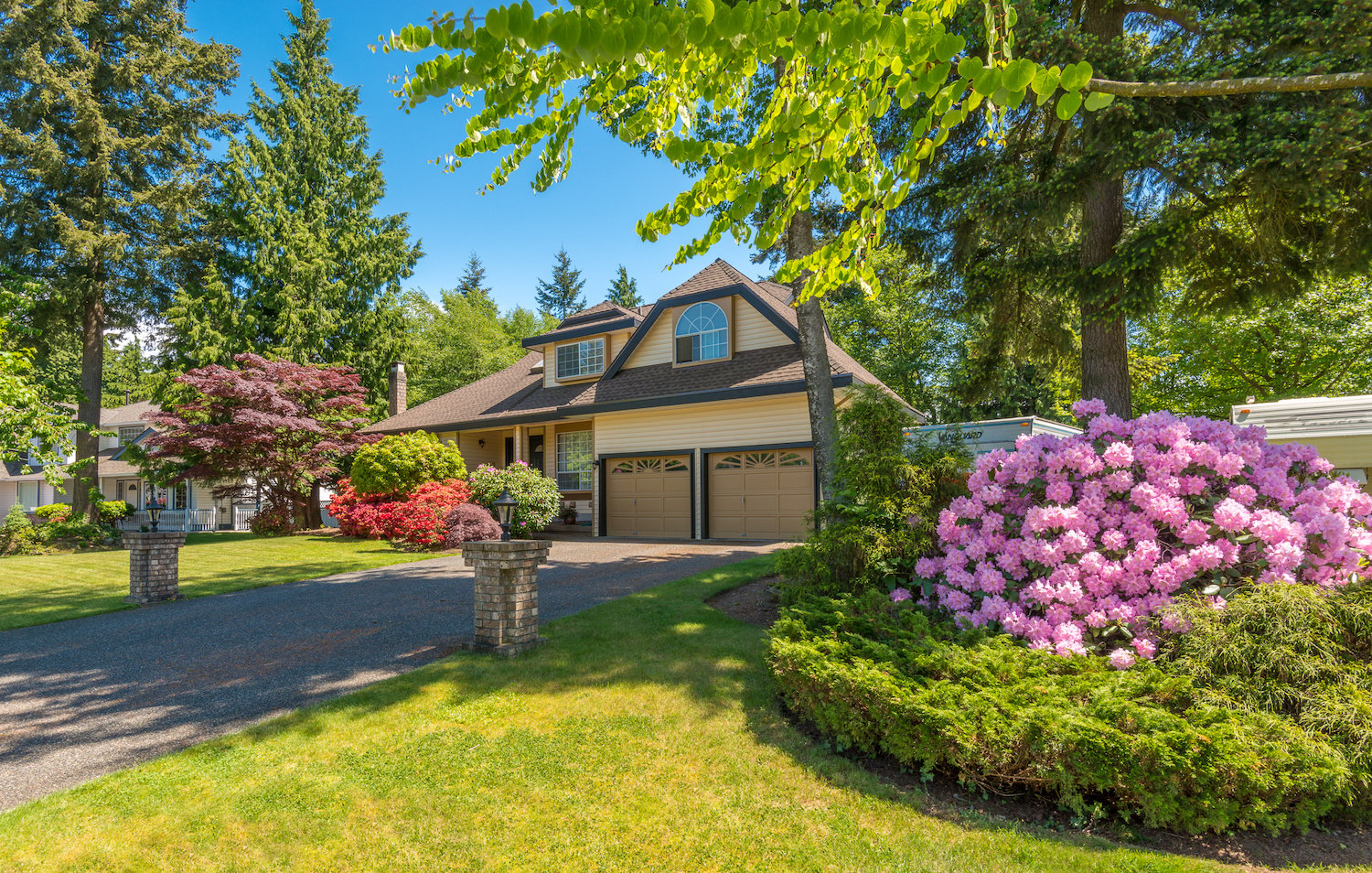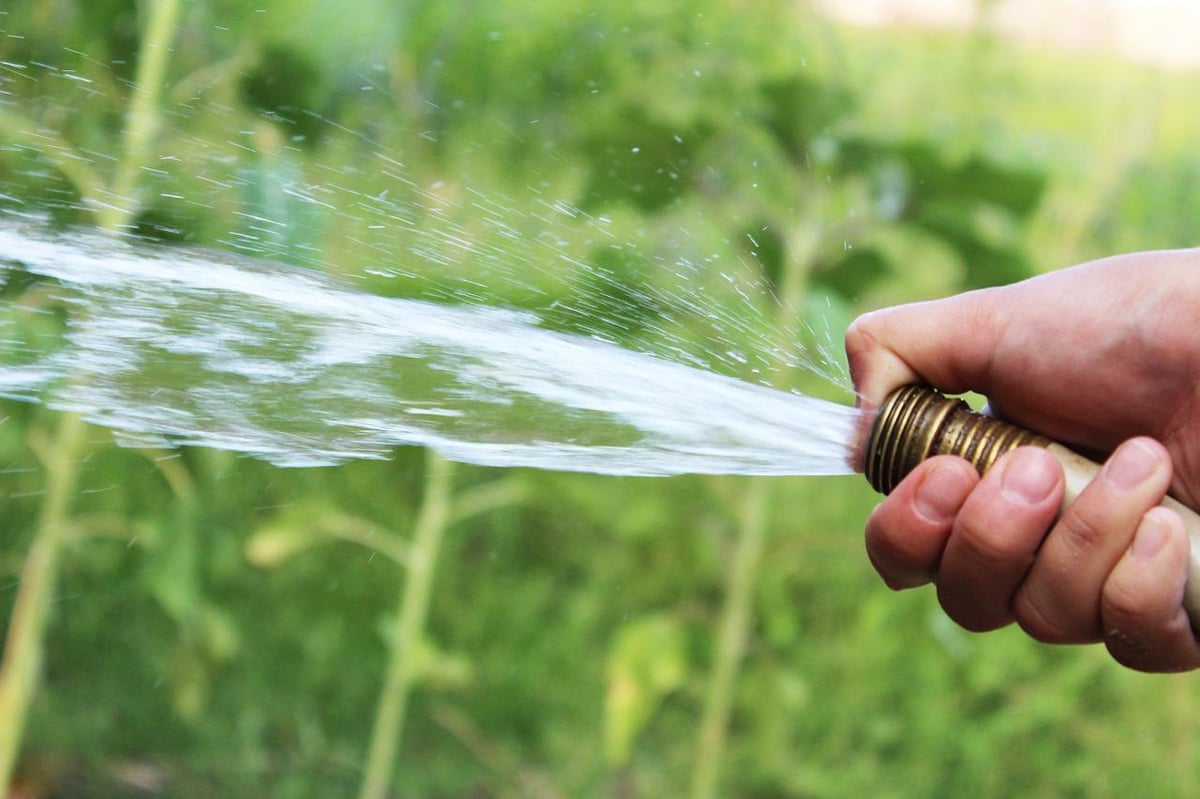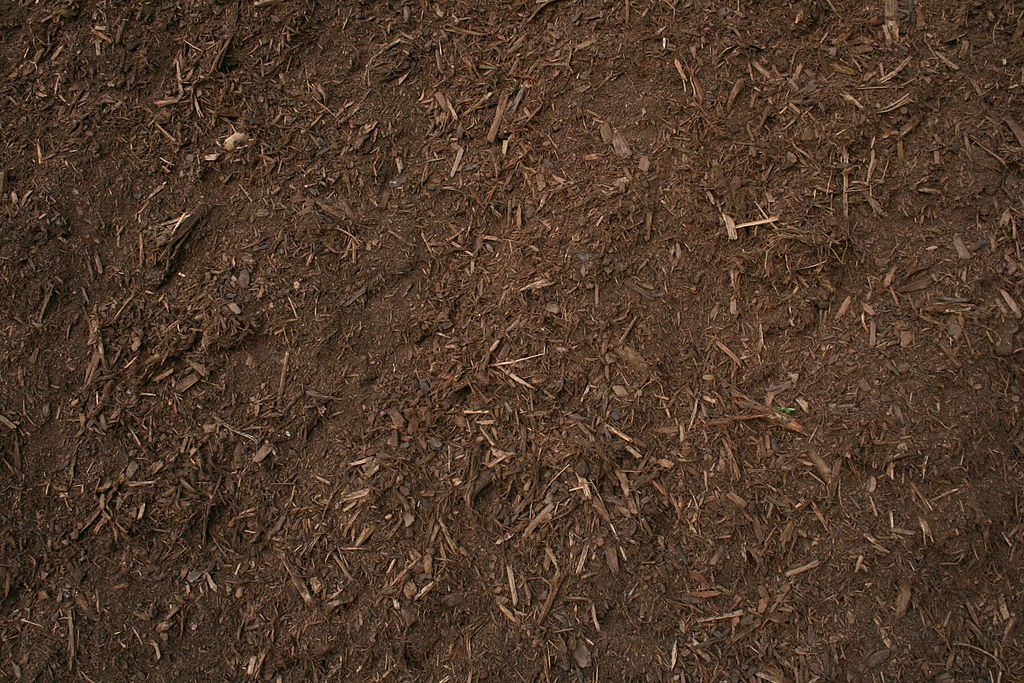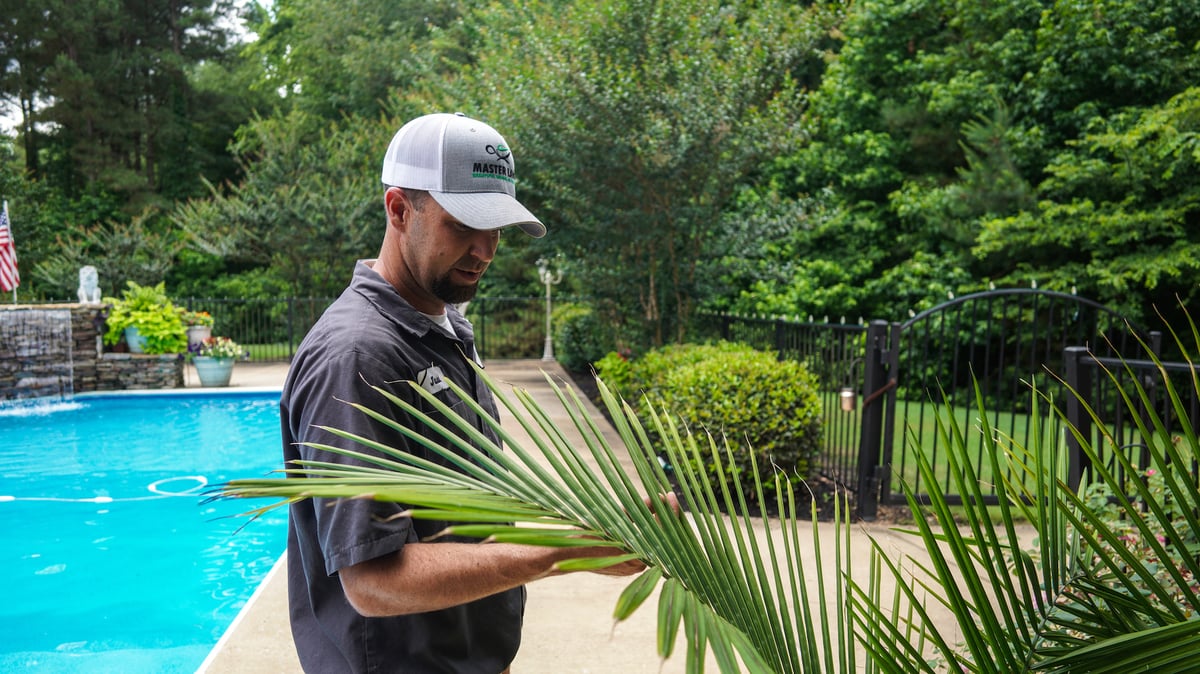
There is no question that the Memphis, TN heat can be brutal. There are days when it’s hard to spend a lot of time outside before you want to escape back into the comfort of air conditioning.
Of course, your plants do not have that luxury. Your landscape must endure some of the hottest days—which is why you may be wondering how to keep plants cool.
Are there things that you should be doing to keep plants dying from the heat?
In this article, we’ll talk about how to keep plants alive in extreme heat so that you don’t have to worry about losing your precious landscape. After all, we know that your plants are important to you and you want to do what you can to protect them.
You probably guessed this first one. Water is the lifeblood of all living things and your plants need plenty of it to survive. If plants die from heat, it’s possible that they are drying out. When there are periods of intense heat, the sun can really kick up the evaporation factor.
As you prepare for a coming heat wave, make a point to ensure your plants are receiving ample water.

It’s important to water “deeply,” mimicking a soaking rainfall. If you water for a very brief amount of time, only the top of the soil gets wet. You want that water to make it down to the plant’s roots.
You’ll also want to make a point to check in on your plants a bit more regularly. Even if you watered “the other day,” your plants might still need more water. Check on the moisture level and if the soil has completely dried out since your last watering. Your plants might need more TLC during extreme heat.
Keep in mind that the best time to water plants is in the early morning when more of it will be soaked up (prior to evaporation). Watering early allows your plant to use that water throughout the day, especially at the height of the heat when it’s really needed.
Tasks like moving plants or doing any pruning can be stressful. If you are interested in transplanting material, it’s best to perform this task as the weather cools down a bit. The same goes for pruning.
The key is not to put any added stress on a plant during a period when it is already stressed simply from dealing with the heat.
You might be surprised to learn that over-watering or getting water on the leaves are bad practices that can stress the plant. There is such a thing as “too much of a good thing!”
Too much water can leave the soil saturated and water-logged which can actually drown the roots. People are often shocked that it’s possible to water “too much,” even during periods of heat. But what usually happens is that homeowners forget to water for a while and then try to make up for lost time.
Regardless of what time of day you are watering, also be sure to avoid getting water on the leaves as this can lead to burns and fungal growth. Try your best to keep your plant leaves dry!
You’ll also want to avoid fertilizing plants during periods of a heat wave. This can actually cause added stress and lead to “burn.”
Ahead of a heat wave, you also want to make sure that your plant beds are mulched properly. Mulch plays a tremendous role in regulating soil temperatures and also protecting fragile roots from the scorching sun.
It also has an impact on helping plant beds to retain moisture. When beds are mulched properly, the water has time to make it down to the plant's roots before it is evaporated by the sun.

Of course, as we said before, you can have too much of a good thing. You want to make sure that the right amount of mulch is applied so that you get the full benefit. When you over-mulch, the mulch itself can absorb too much of the water instead of letting it percolate down to the plant's roots where it is needed.
We understand that plants dying from heat can be a really stressful thought. Your plants are a valuable part of your landscape.
One way that you can protect them, in general, is to invest in Plant Health Care.
Put simply, a Plant Health Care program is one that provides your plants with the nutrients they need to thrive. Plant health care services also include treatments that would protect them from pests and disease. This is typically a combination of fertilization, pest control, and disease control, provided at the optimal timing, depending upon what plants are in your landscape.

What does all of that have to do with a heat wave?
Well, the hope is that the better shape your plants are in as they go into extreme heat, the better they will fare during those stressful environmental conditions.
The last thing that you’d want is for your plants to already be ravaged by disease or pests and then have to also stand up to extreme heat. Plants that are already weakened are not going to fare well with difficult weather.
Plant Health Care is a great way to make sure that your plants are in the best possible health before facing extreme weather conditions. While it’s not a guarantee they won’t struggle, it will give them the best chance.
Of course, you still need to follow through on cultural recommendations like proper watering and mulching. Your Plant Health Care technician should also be able to provide additional tips to help set you up for success.
At the end of the day, it can all be summed up as “peace of mind.” When you invest in plant health care, you gain peace of mind that your plants are getting everything they need to perform their best and to be protected against disease and pests. This will give your plants the best chance of survival in extreme weather, too.
Ready to invest in protecting your plants’ health at your Memphis, TN or Northern Mississippi home? Request a quote, get your customized plan, and become the master of your landscape.
These Stories on Plant Health Care
8255 Center Hill Rd
Olive Branch, MS 38654
8164 MS-178
Olive Branch, MS 38654
Phone: (901) 445-9336
Fax: (901) 853-7353
Copyright © Master Lawn | All Rights Reserved.